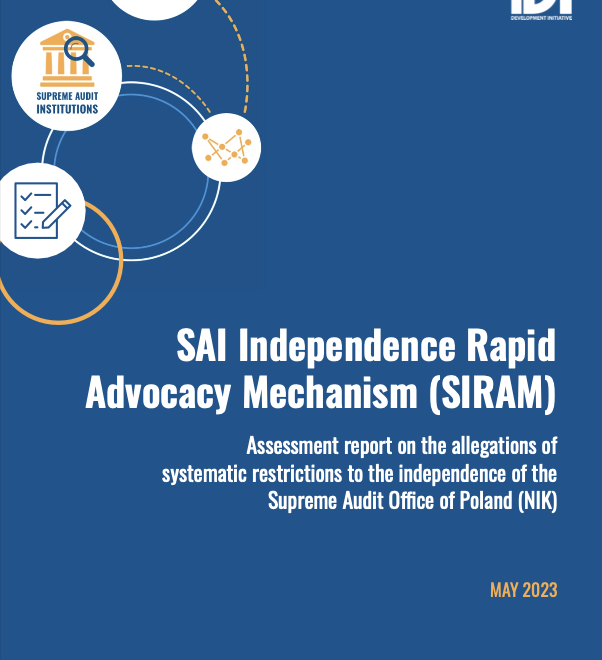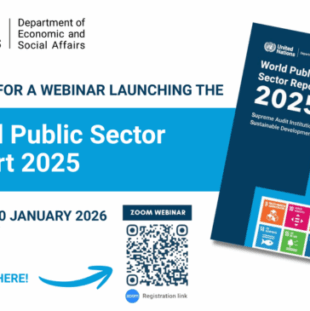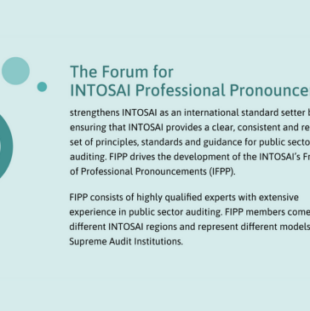Threats to the Independence of the SAI in Poland

Independence is a critical prerequisite for any supreme audit institution (SAI) to carry out its mandate, and currently, evidence shows that levels of financial and operational independence are declining in many parts of the world and institutions remain under threat. SAI Independence is a key priority in INTOSAI’s Strategic Plan.
Guided by the concern about the independence of the institution that has been guarding the public money spending in Poland for more than 100 years, and its ability to fulfil constitutional responsibilities, the President of the Supreme Audit Office of Poland Mr Marian Banaś asked for the assessment report on the systemic restrictions to the independence of the Supreme Audit Office of Poland (NIK). An independent body, the INTOSAI Development Initiative (IDI), developed the report utilizing the SAI Independent Rapid Advocacy Mechanism (SIRAM). The report comprises assessments, conclusions and recommendations of IDI experts. The SAI Independence Rapid Advocacy Mechanism (SIRAM) was established in 2018 to advocate and raise awareness of threats to and breaches of SAI Independence, as well as broker support for SAIs facing challenges to their independence. The SIRAM methodology aims to determine whether the independence principles encapsulated in the Lima and Mexico Declarations (INTOSAI P-1 and INTOSAI P-10 respectively) have been infringed.
The Expert Team, based on the evidence collected, consultations with the interested parties, and the analyses conducted, beyond doubt found the infringement of several important principles of the Mexico Declaration on SAI Independence (INTOSAI P-10), including Principle 2 – independence of SAI Heads and members of collegial institutions, Principle 3 – sufficiently broad mandate and full discretion in the discharge of their functions, Principle 4 – unrestricted access to information for the proper discharge of their statutory responsibilities. Furthermore, the Team assessed a significant and realistic possible breach of Principle 8 – by reducing NIK’s budget and consequently by significant restrictions on NIK’s ability to perform its constitutional tasks.
Importantly, the scale of infringements of the principles of the Mexico Declaration on SAI Independence may give rise to concerns about the law and order in Poland, and consequently the independence of NIK that has been set forth in the Constitution. The extent to which the principles are being infringed ranks Poland highest among the countries of Africa, Latin America and Eastern Balkans.
The IDI report makes important recommendations directed to the stakeholders, including the Government of Poland and the Speaker of the Polish Sejm, indicating the need to take necessary steps to protect NIK’s independence. The recommendations include the appointment of the members of the Council of NIK, ensuring timely access to information during audits, and finding a way to provide appropriate finances for NIK. Moreover, IDI is ready to provide support and cooperation to bring the situation to order, so that, in the first place, guarantee the constitutional independence of NIK.
The results of the IDI report – especially the conclusions and recommendations presented therein – ought to be implemented as soon as possible, and will provide the basis for the independence of the Supreme Audit Office of Poland. Learn more by visiting the NIK website, and read the full IDI report here.





